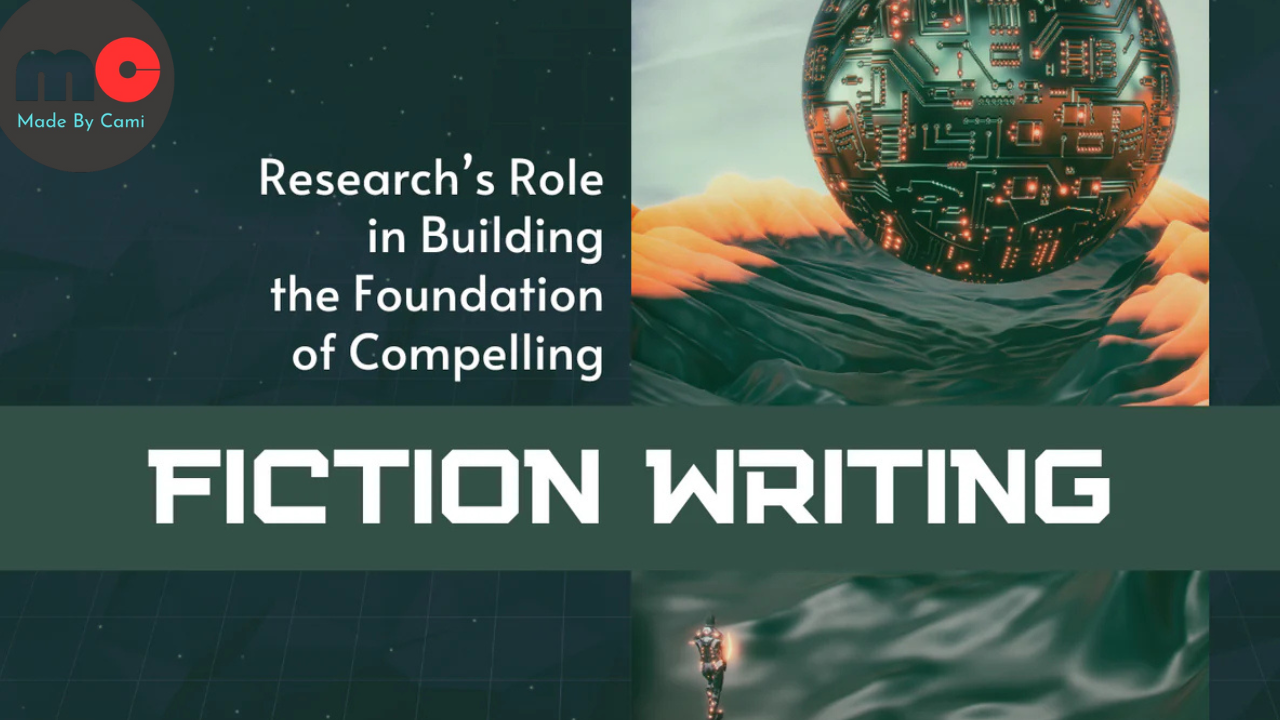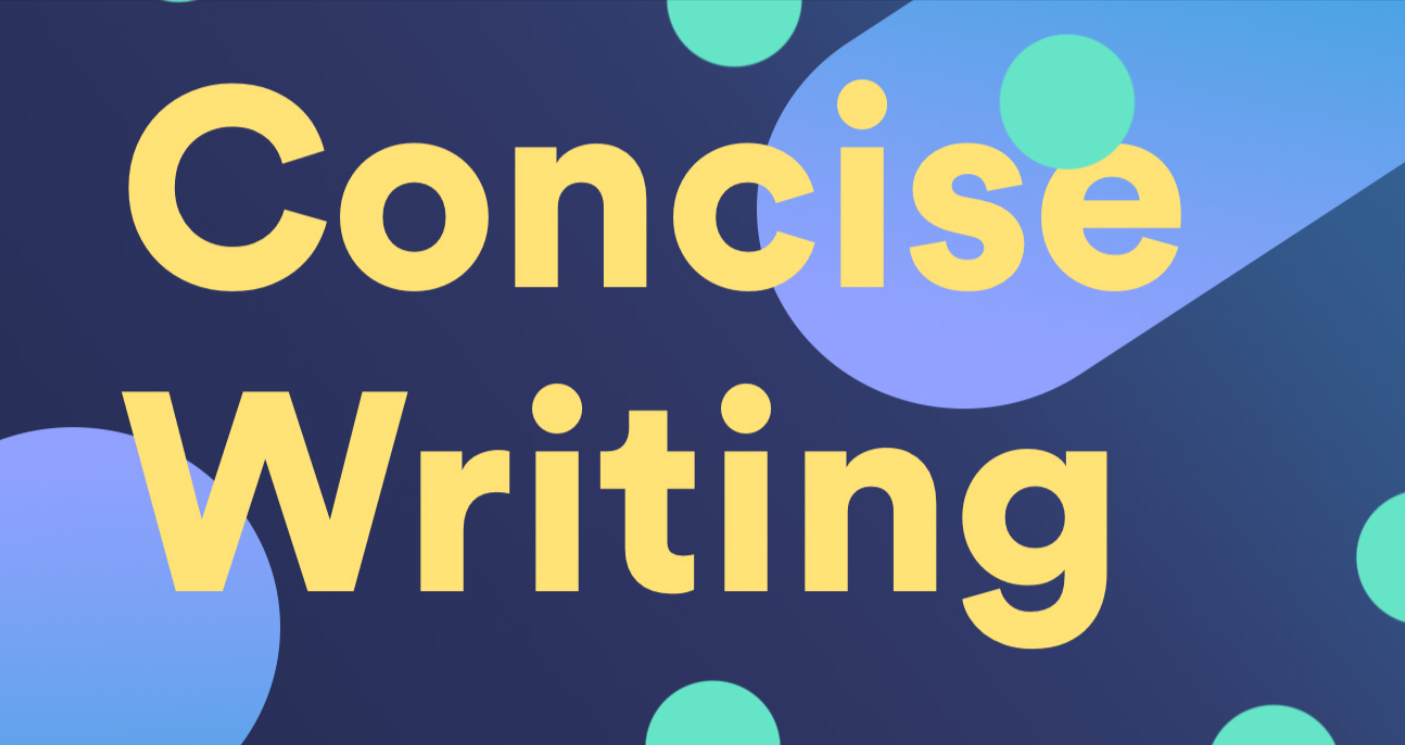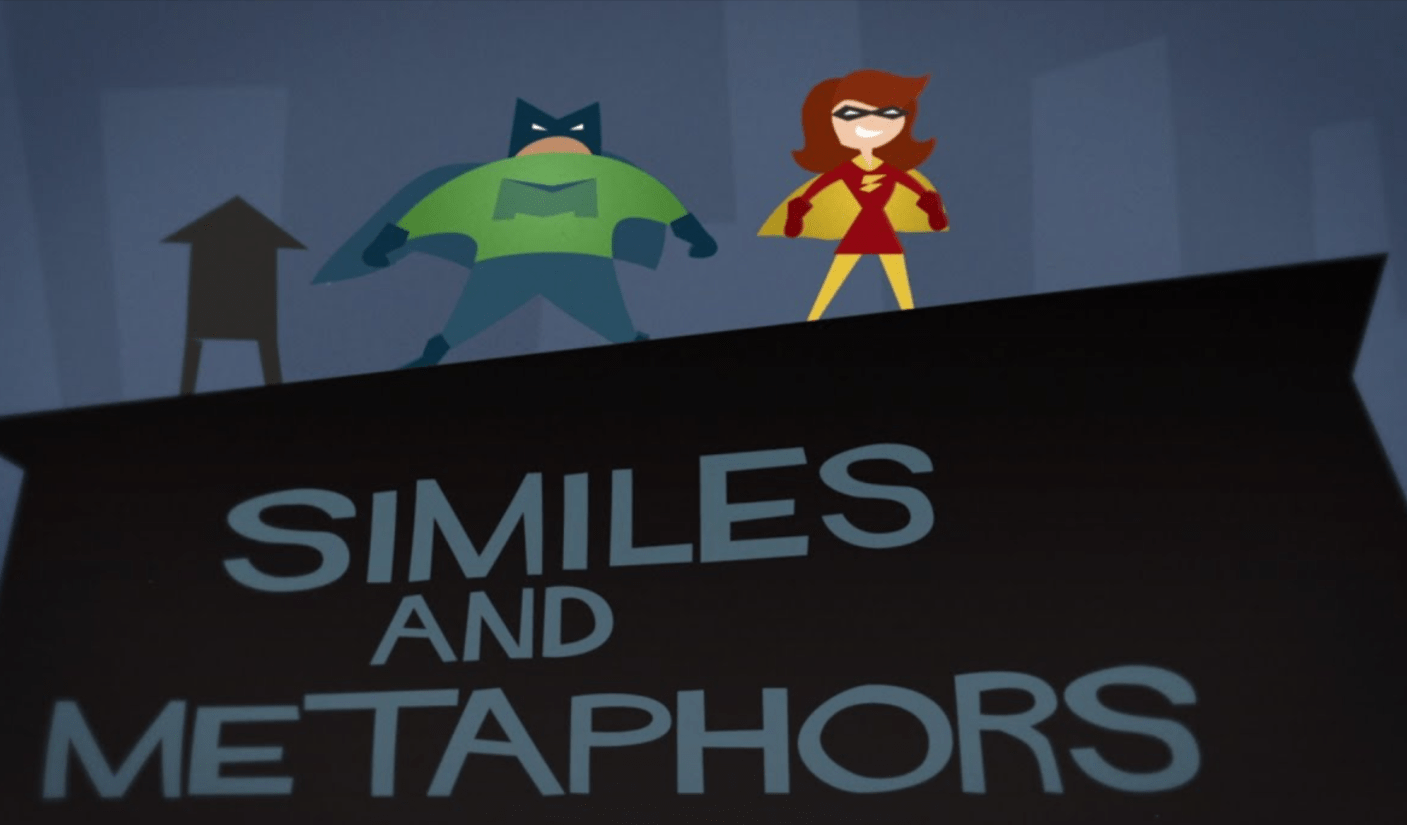The Importance of Research in Writing Fiction and Nonfiction

Then we're going to talk about the major reasons digging information is so crucial, whether you're constructing some fiction or laying out fact, how it can take your work one step further, and some of the ways you can incorporate research into your writing routine.
Why Research in Writing Fiction and Nonfiction Matters?
Mostly, people say that to write stories is to let creativity run wild. You get to fabricate different worlds and characters without caring much about the factually true side of things. On the contrary, you should know that most outrageous stories really need the anchor of some research to present that particular ring of truth so that they can reel the reader into the story. Researching ensures that whatever made-up world you have designed becomes not only believable but also super immersive—may it be in a faraway magical land or in a real place from times gone by.
1. Crafting a Believable Universe
When plotting an adventure in a totally strange fantasy world or even on a legit historical moment, it has to seem real. Say you're writing about a certain period or culture, u know? Researching a period or Culture will help kick any inaccurate information or details out of your work.
Take a novel set in Victorian London, for example. Deepen your exploration into the nature of attire, slang, transport, and social norms of that period to infuse your story with a sense of authenticity. In a similar way, for fantasy writers, a look into the myths or the folklore can provide your imaginary universe with a real sense of continuity and depth.
2. Growing Your Characters
Your made-up folks gotta seem real to folks reading your stuff even if they came straight from your noggin. Digging into particular jobs, quirks, or pasts is a smart move to shape characters that come off as believable and are fleshed out.
For example say your character's a scientist, right? You wanna make sure they sound and behave like a real science pro. To nail this, dive into their field's specifics. Same goes for a character from a different culture—you gotta dig into those customs, beliefs, and how they chat.
3. Making Talk Sound Real
One wicked way to hook your readers into the made-up lands you're spinning? Nail the way your folks talk. But if the chit-chat feels fake, boom, your reader's out of the zone. Peeking into how real folks from certain jobs, places, or olden times yak away can crank up the realness of your character's chit-chat.
4. Sparking Up Fresh Thoughts
Exploring actual events, folks, or concepts might light a spark for fresh thoughts. You could stumble on intriguing snippets that beef up your tale or kick-start ideas for new twists in the plot. Take, for instance digging into not-so-famous historical happenings could prod you into crafting a make-believe tale centered around those events.
Why Digging Into Facts Is Needed When You’re Writing Nonfiction
The study is essential for producing a nonfiction work. When tracing real events about memories, penning an article, or brainstorming a scholarly piece, nonfiction sticks to the truth. Undocumented or blatantly false pieces of information send your reader off kilter and rub back your reputation as an author.
1. Building Trust
Nonfiction writers have to ensure that what they disclose to the people is correct. Whether it is writing a how-to, offering one's two cents, or just documenting history, it pays to stick to the facts you dug out because your audience can give you gold stars.
If your thing is health and fitness, and if you relied on some old or unverified research, you might mislead your peeps. Keeping it fresh and point would involve going through the latest stuff that smart people and know-it-all experts have given the thumbs up for. That is how to keep your rep tight and above board.
2. Slipping in the Goods and the Backdrop
When you're dealing in nonfiction, hitting the books gets you all the juicy bits and backdrop to make whatever you're chatting about stick. Could be breaking down brain-busters or spilling the beans on someone's real deal, doing your homework means you bring the goods and your peeps get the picture.
Think about penning the life story of someone from history. Yeah, dropping just the facts tells you some stuff, but dig deeper, and you'll hit the jackpot with juicy stories, what drove 'em, and the big scene of their times. That way, the folks reading get a way cooler dive into the past.
3. Crafting Solid Cases
When you're banging out something like an essay or a piece where you've gotta take a stand, rolling up your sleeves and doing the homework matters big time. Lay down those numbers, what the brainy types say, and stories from the real world, and boom, you've got yourself a case that'll stick with your readers.
For instance, say you're penning a piece on climate change opinions. It's key to dive into recent scientific data, studies, and what the experts say to back your viewpoint. Skip the homework, and your argument might not stand up strong making it tough to convince folks listening to you.
4. Taking in Different Angles
The thought process involved in hitting the books sends one through the entire spectrum of different perspectives concerning a matter. Talking about politics, culture, or world issues, getting background info on several angles would set you up for presenting a more round approach to your opinion. And it keeps you clean of bias, giving your audience a full page of what's really going on with the subject at hand.
How to weave research into your Writing
In principle, you could be writing fiction one way while writing non-fiction the other. How well you put together your research portion determines how good the reading is going to be.
1. Figuring Out What Needs Researching
First of all, you need to decide what should be researched. Fiction wants to know things like ancient history, the way things are done in some cultures, or handy little things about your characters' jobs. Nonfiction will look for numbers, expert opinions, and maybe a few illustrative examples.
Get a list going of all the research bits that fit with the plot or the main point of your writing. Steer clear of side tracks that don't tie back to your main project. Doing this means your research stays on point and useful.
2. Picking Out Solid Resources
Make sure your research stems from solid trustworthy sources. For nonfiction, rely on scholarly articles, books, and credible websites. In fiction, you might want historical data, chats with experts, and watching documentaries.
Watch your step with sites like Wikipedia. It's okay for a quick look, but always double-check with top-notch sources.
3. Jotting Down Bits and Keeping Them Sorted
While digging up info jot down the key points nice and neat. Sort everything so you can find it quick later. Maybe you wanna use techy stuff like Google Docs Evernote, or Scrivener, or you could kick it old school with a notebook. Get your research in order; it'll be a breeze when you sit down to write.
4. Mixing Study and Imagination
Finding the right mix between study and imagination is crucial in fiction. You might get carried away by tiny details just keep in mind your study's goal is to boost your tale, not to drown it. Make sure your research doesn't weigh down your imagination—instead, it's a great thing to use to ground your world and make it come alive.
In nonfiction, stick to what's factual, but also remember to use storytelling tricks like anecdotes saying things others said, or painting pictures with words to keep the reader hooked.
5. Always Mention Where You Got Your Info (Just for Nonfiction)
Make sure that whenever you use facts, you put in a reference. Doing this respects the original authors and allows your audience to check your facts. Citing sources correctly is very important for building a trustworthy reputation for yourself.
But basically with research, it rules the day when spinning stories, and when things are straight-up facts. If it is outright fiction, then research will just make it look real, cause all the past events are spot-on, characters feel just like real people, and a reader gets lost in it. And in the world of facts, research is your accomplice to ensure whatever you say is accurate, gets stuck in, and has worthwhile information. Research adds flesh, aura, and cred to everything you pen down. It carries the ability to create stories or nonstories that linger on.


